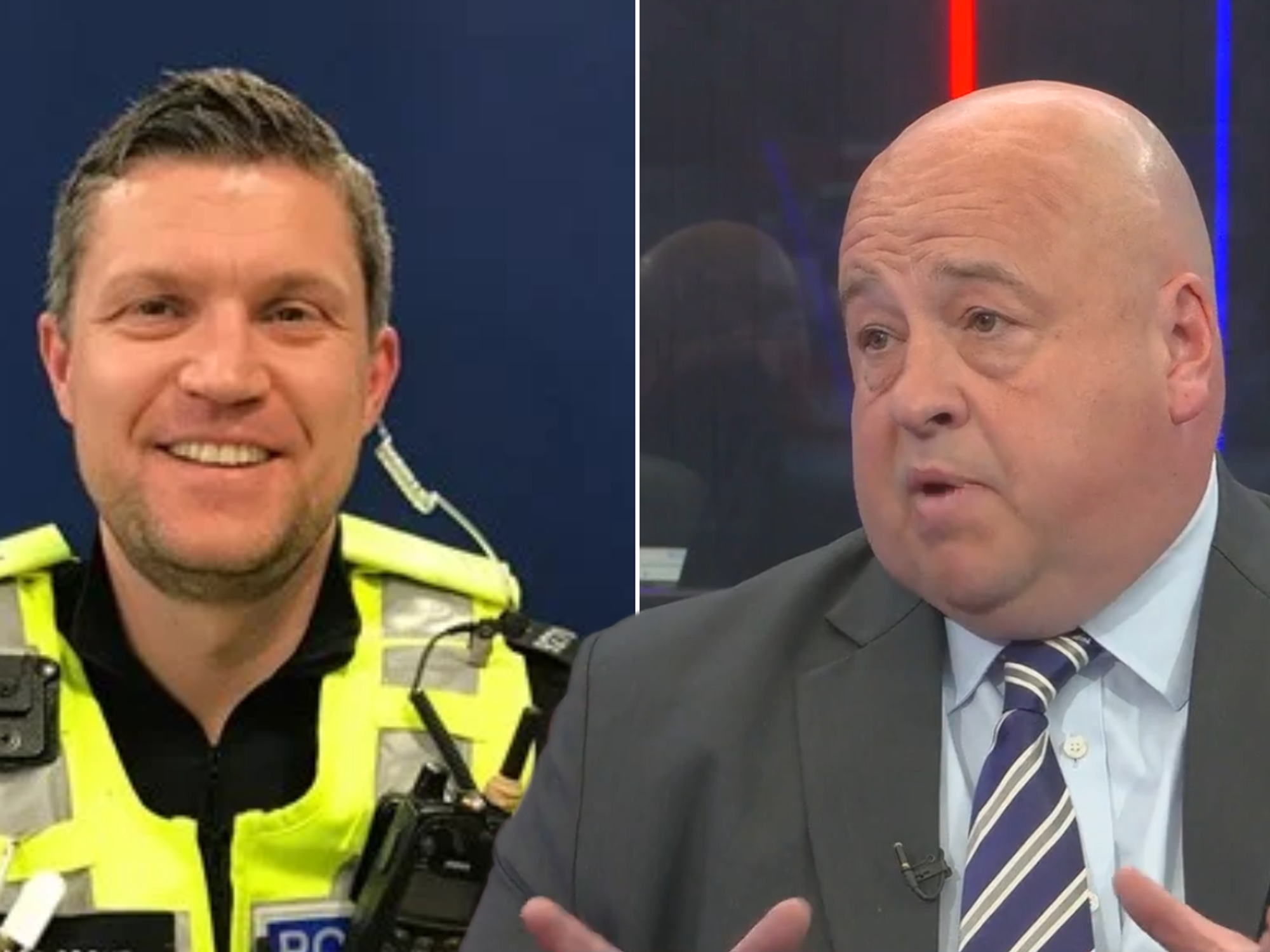Patrick Christys: Let’s Talk Trafficking
'I want to know more about how these gangs operate, who they are, where they are, what we’re doing to stop them.'
Don't Miss
Most Read
Latest
Packed into the back of a refrigerated lorry, running out of oxygen, the 39 Vietnamese men, women and children began to panic. They tried to escape, scratching at the doors, hammering at them. But to no avail. It was only when the driver of the lorry pulled over to check his human cargo that the true horror of what had happened was realised.
They all died.
On the Channel, crowded onto a flimsy inflatable dinghy you hear a hiss. The air is escaping, the dinghy is sinking. Phone calls to border force, coastguards, rescue services don’t come soon enough. In the busiest shipping lane in the world, the freezing cold water takes its toll and 27 people, including a pregnant woman, and several children drown or die of hypothermia.
But behind these stories, lies a network of human traffickers. While cocaine dealers trade in something that may well ruin lives, traffickers just trade IN lives. And they’re making an absolute killing, quite literally. It turns out those behind the channel crossings can make around 700,000-per-boat.
I mean, if it wasn’t so completely deplorable, you’d be sitting here saying it’s a tremendous business model! There are millions of people who want to come to the UK, there is a European Union with open borders, a French government who, despite recently deciding not to let Brits into the country, they certainly don’t mind people leaving in dinghies.
And then they know there’s an Uber service waiting for them in the form of our border force and the RNLI who will bring them to Britain, where they almost definitely won’t be deported. This is what could be regarded, mostly, anyway, as a consensual form of human trafficking. People pay tens of thousands of pounds for a service that gets them to a required destination.
And it’s so consensual that people weren’t even deterred after 27 people died. In fact, the traffickers apparently started offering €1,000 death discounts, so they’d knock a few quid off to keep up demand.
But there are other types of human trafficking. People forced into slavery, people forced into the sex industry…
The number of possible victims in the U.K. jumped to 10,613 in 2020 from 1,182 in 2012. And often, these people are just children. The number of minors referred to the U.K.’s National Referral Mechanism had jumped to 4,946 in 2020, from 1,279 in 2016.
In a grim milestone, during the second quarter of 2020, there were more referrals of children than adults for the first time ever.
But there’s a misconception that all these gangs are operating in far flung corners of the world, hiding away in an Albanian mansion in the woods. Some of them are, of course. I went to Morocco to travel the migrant route into Spain and I heard some harrowing stuff. A pick-up truck was transporting some of them across the desert in Niger and then it stopped in the midday heat, the driver got out and demanded more money from everyone and those who couldn’t pay were kicked off the back and left to die amongst the sand dunes. What a horrible way to go.
But actually, many of them live right here in the UK. Many of them live in London. A human trafficking ring which made £2m by exploiting hundreds of vulnerable victims was dismantled following the UK’s largest modern slavery investigation.
More than 400 people – many of them homeless, ex-prisoners or alcoholics – were forced to work for almost nothing after being lured to the west midlands by a well-organised Polish gang.
They were paid about 50p an hour to do manual labour whilst their captors drove around in Bentleys.
Another big dog in the human trafficking world is a chap called Hazir Lala. He was arrested in Walthamstow and booted out of the UK…for a THIRD TIME. I suppose, in a way, at least you know he’s good at his job.
According to the National Crime Agency (NCA), human trafficking in the UK is a rapidly growing issue and has increased by more than 80% since 2016-2017.
Almost 66% of the human trafficking economy is from commercial sexual exploitation, and the global sex trade exploits two million children worldwide. In 2010, the Association of Chief Police Officers (ACPO) reported that approximately 30,000 women were involved in off-street prostitution in England and Wales and that 2,600 were trafficked. The Home Office estimates that there are up to 4,000 victims of trafficking for sexual exploitation in the UK at any one time.
I want to know more about how these gangs operate, who they are, where they are, what we’re doing to stop them. Ladies and gentlemen, we need to talk about human trafficking.











